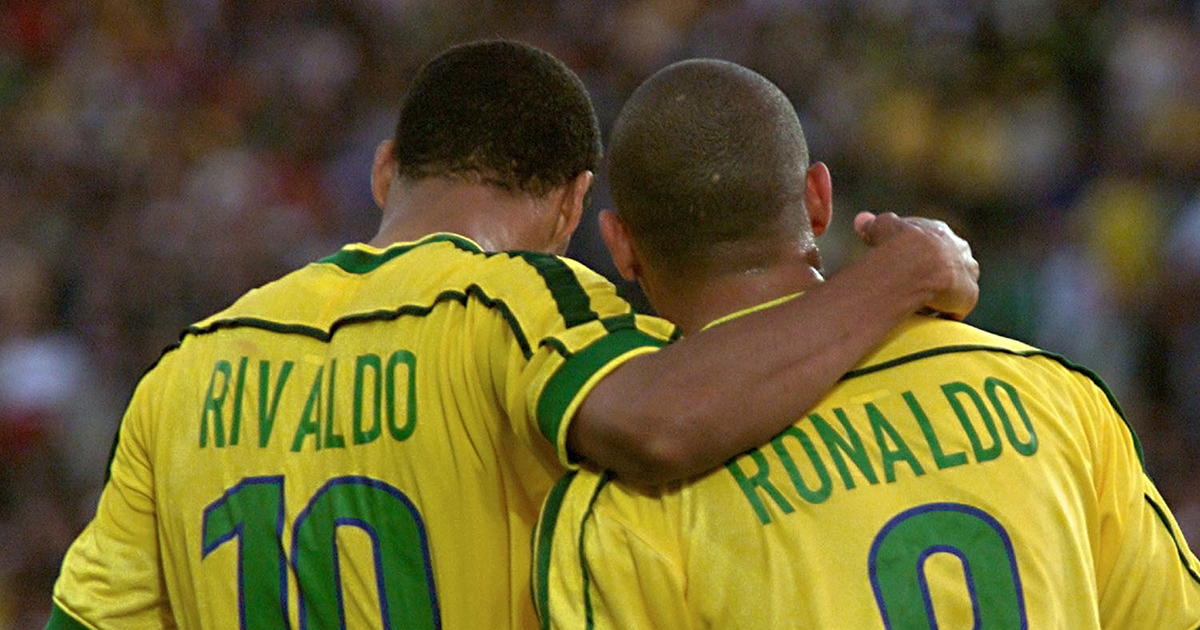Brazil’s Blunder: Analyzing the Factors Behind Tite’s Team’s Historic Crash Out of the World Cup
In a shocking turn of events, the five-time World Cup champions, Brazil, crashed out of the tournament in the most dramatic fashion, failing to win their group and ultimately going on to finish in a disappointing fourth place. The exit was as sudden as it was unexpected, with the Brazilians limping through the group stages and failing to get out of their pool.
As the dust settles, it’s clear that a combination of factors contributed to the Blunder of the Century. In this article, we’ll delve into the key elements that led to Brazil’s historic crash out of the World Cup.
Tactical Conundrums
One of the primary reasons behind Brazil’s downfall was their inability to adapt tactically to the modern game. Tite, the national team’s head coach, stuck to his traditional 4-2-2-2 formation, which failed to provide the necessary creativity and width in the final third. The team’s midfield, known for its technical quality, struggled to make an impact against a series of robust defensive opponents.
The lack of a recognized striker also hindered the team’s ability to create clear scoring opportunities. Despite the presence of established forwards, no player was able to fill the void left by the retired Neymar. The uncertainty surrounding Gabriel Jesus’s form and the lack of a reliable target man left the team reliant on long balls and crosses, which ultimately yielded little reward.
Lack of Depth and Flexibility
Another significant issue was the lack of depth and flexibility in the Brazilian squad. The team’s bench, often utilized to great effect by Tite in the past, was unable to provide the necessary impetus in key moments. The absence of established players like Roberto Firmino and Willian, who were omitted from the squad, was keenly felt.
Moreover, the team’s failure to adjust to different formations and opposition strategies meant they were rigid and easy to defend against. The breadth of experience and adaptability that comes with having a strong bench was noticeably absent, leaving Tite with limited options to change the course of matches.
Injury Curses and Mismanagement
The team was also plagued by a spate of injuries, with key players like Gabriel Jesus, Alisson, and Casemiro missing crucial matches. The losses of these players had a ripple effect, disrupting the team’s cohesion and causing Dunga, the national team’s director, to rewrite his team selection and strategy on the fly.
The lack of management and planning on the part of the Brazilian Football Confederation (CBF) was evident in its inability to handle the injury crisis. With the team already struggling to find form, the CBF’s botched squad selection and logistics made matters worse, adding to the sense of disarray.
Expectations and Pressure
The weight of expectation was also a significant factor in Brazil’s failure. The country’s football obsession is unmatched, and the pressure to deliver a sixth World Cup title was crushing. The constant scrutiny and criticism from the media, the public, and even the players themselves took a toll on the team’s confidence and morale.
The once-legendary "Garotinho" (youth) of Brazilian football, such as Vinicius Junior, Gabriel Martinelli, and Rodrygo, failed to live up to their billing, and the pressure to perform from these talented youngsters was overwhelming. The weight of the nation’s hopes and expectations became too much to bear, leading to a collective collapse.
Lessons Learned
As Brazil’s World Cup campaign comes to an abrupt end, the team’s players, coaches, and fans will reflect on the lessons learned. The current squad’s performance has raised concerns about the team’s long-term prospects, particularly with the dearth of talent coming through the youth system.
The experience has highlighted the need for a more flexible and adaptable approach, as well as investing in the breadth and depth of the squad. The CBF must also reassess its handling of the national team, providing more support and resources to ensure the team is better prepared for future tournaments.
As the curtain closes on another World Cup chapter, Brazil’s Blunder will be remembered as a cautionary tale about the perils of complacency, the importance of adaptability, and the devastating impact of expectation and pressure.

